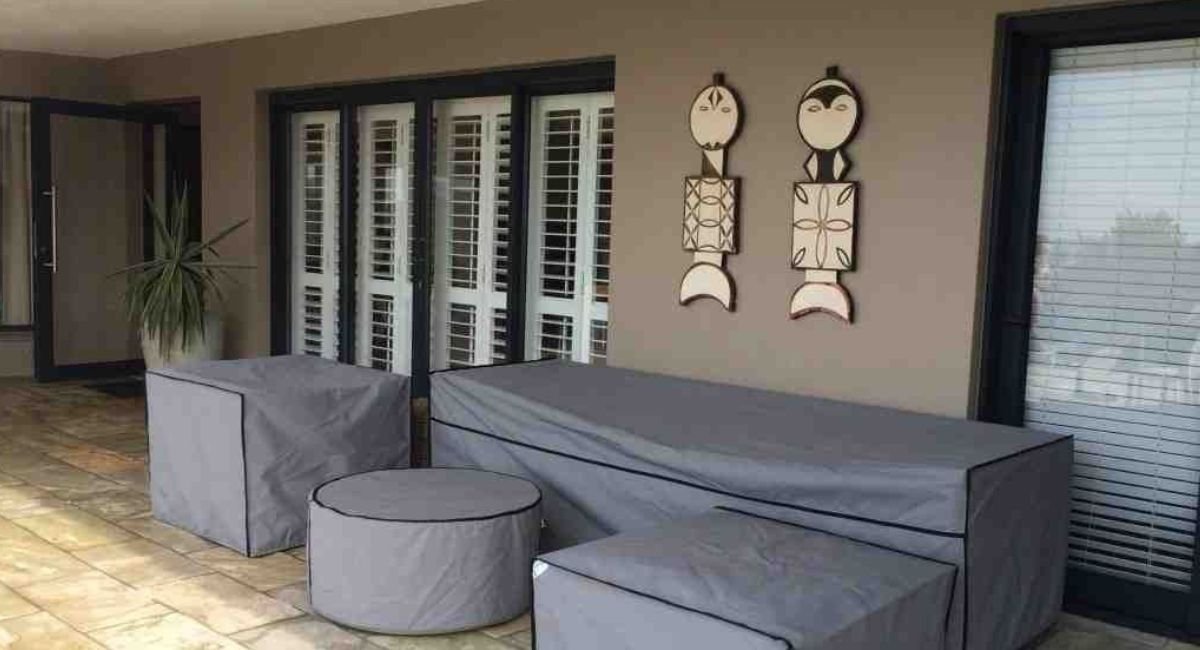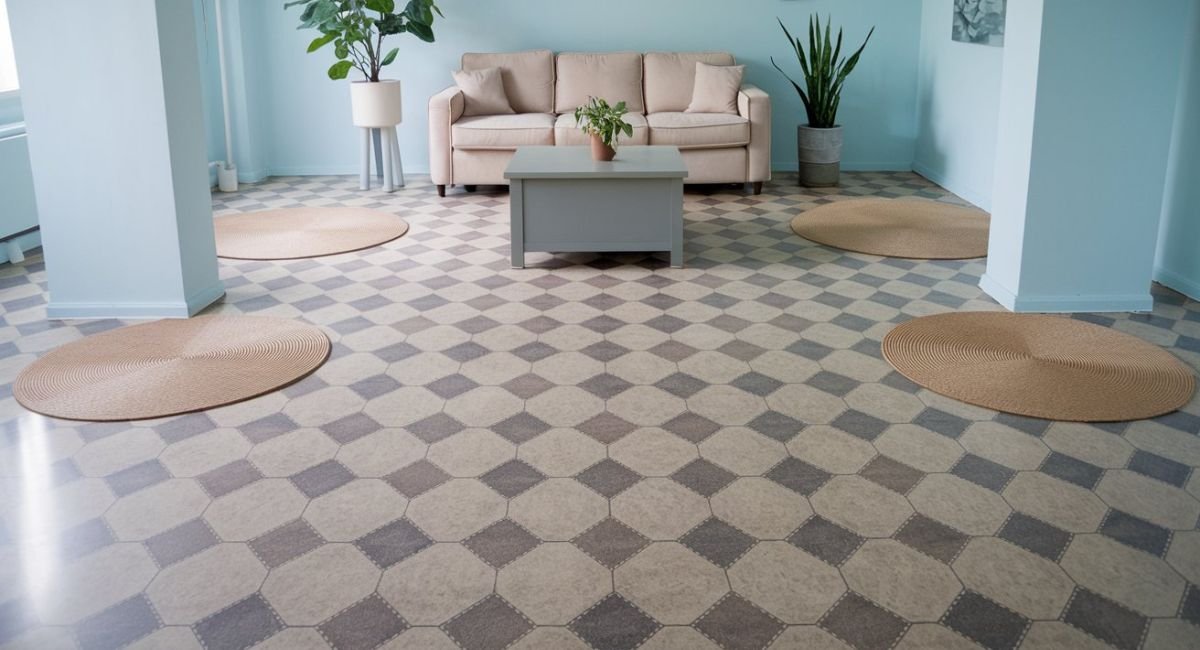Introduction
In the world of modern flooring, stone plastic composite (SPC) flooring stands out for its durability and beauty. However, as with any other material, it’s important to understand its potential drawbacks. In this article, we’ll review the main drawbacks of stone plastic composite flooring and offer valuable advice for homeowners and businesses.
Hard Subfloor
Comfort Considerations.
The nature of SPC: SPC flooring is known for its durable construction with an inherently hard surface.
Impact on Comfort: people often prefer a softer surface, especially in living spaces such as bedrooms and game rooms.
Susceptibility to moisture
Limitations in use are as follows
Water resistance and water tightness: The water resistance specified in the SPC should not be regarded as a complete water tightness.
Risks: Prolonged exposure to moisture, especially in bathrooms and kitchens, may lead to undesirable consequences such as swelling, warping and discoloration of the sheet.
Scratch resistance and vulnerability
Understanding durability.
Scratch-resistant but not scratch-resistant: SPC flooring is designed to be scratch-resistant, but that doesn’t mean it’s scratch-resistant.
Potential sources of damage are severe impacts such as dropping heavy objects or moving furniture legs without cushioning, which can cause visible scratches and marks.
Sound transmission
Acoustic Properties
Comparative analysis: The dense composition of SPC is more conducive to sound transmission than softer, more sound-absorbing materials such as carpet or cork.
Impact on living space: This characteristic may be detrimental to apartment buildings and suites with high sound insulation requirements.
Cost Factors
Economic Factors.
SPC vs. other vinyl flooring: in general, SPC flooring is more expensive than other premium vinyl flooring, such as Luxury Vinyl Tile (LVT), and therefore requires a significant investment.
Comfort underfoot.
Balancing Durability
Trade-off between comfort and durability: The durability of SPC can sometimes reduce walking comfort, especially when compared to softer floors.
Alternatives For those who prioritize comfort underfoot, alternatives such as carpet or padded vinyl flooring may be appropriate.
risk of dents and scratches.
Practical implications.
Not completely scratch-proof: despite its durability, SPC flooring is inevitably subject to dents and scratches, especially under certain conditions.
Household considerations: this susceptibility to scratching can be a serious issue in homes with pets, children or where heavy furniture is moved frequently.
Noise Considerations
Residential Sound Dynamics.
Compare SPC to quiet flooring: SPC may create a noisier environment than quiet flooring.
Environmental Impact
Environmental
Material Composition: SPC floor coverings composed primarily of polyvinyl chloride (PVC) are not the most environmentally friendly choice because PVC is a non-renewable resource.
Health and environmental impacts: Some SPC products may contain formaldehyde, which raises additional health and environmental concerns and requires careful consideration.
Removal and Replacement Issues
Long-term considerations
Installation: The traditional practice of installing SPC flooring using adhesives or snaps can make removal difficult and potentially costly.
Replacement Costs and Labor: Professional intervention is often required when replacement is needed, adding to the overall cost and complexity of maintaining SPC flooring.






















Leave a Reply